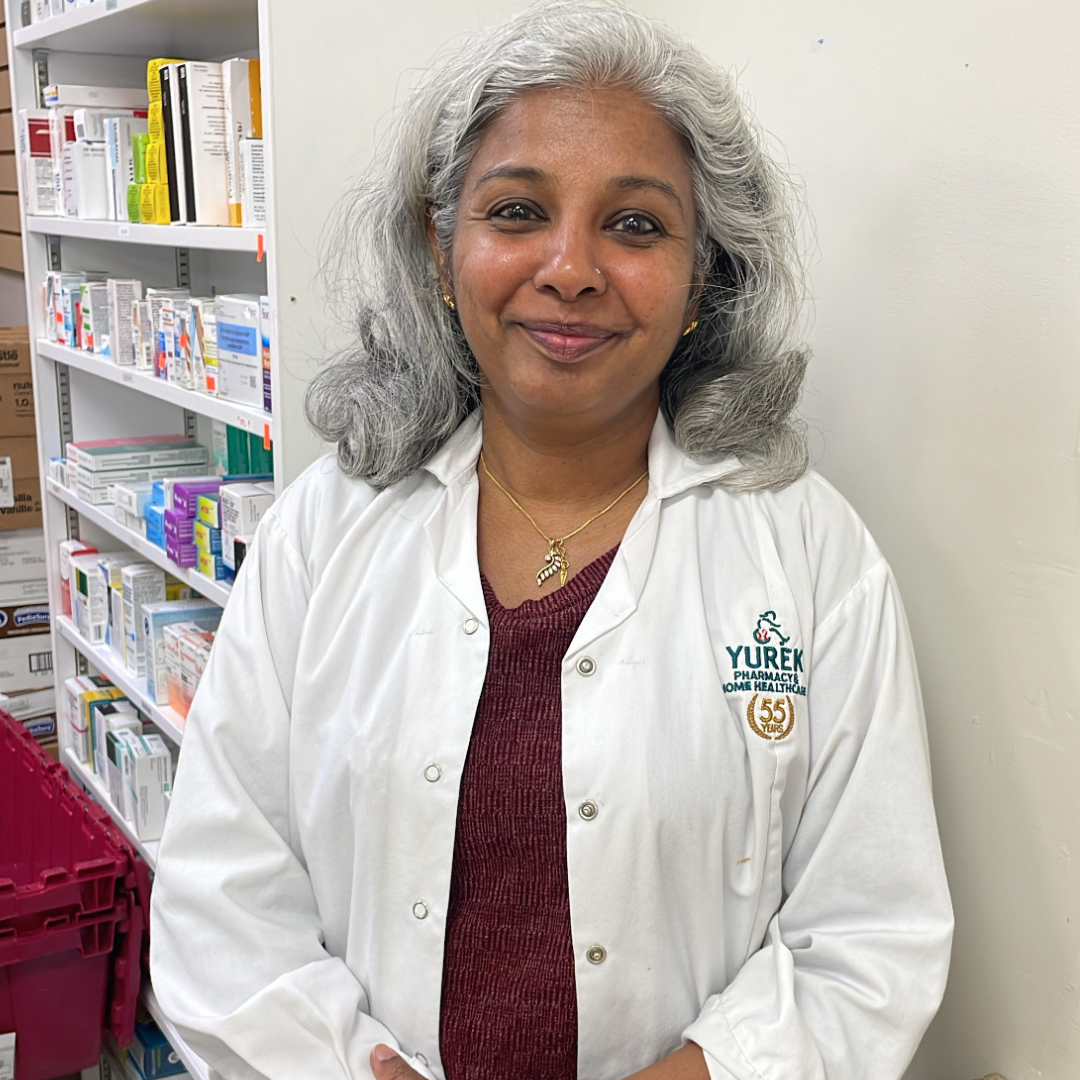By: Jeff Yurek BScPhm, RPh
Psoriasis is a chronic skin disease that affects 125 million people in the world. Like other autoimmune diseases, there is no cure, but treatment protocols can help alleviate symptoms. Psoriasis is not contagious.
Although we don’t know what causes psoriasis, studies suggest that a combination of genetic, environmental, and immune factors determine who contracts the disease and how severely it strikes. The immune system appears to trigger inflammation, causing rapid growth of new skin cells, pushing existing cells to the surface where they build up and shed excessively. The result is dry or red, scaly areas that can be extremely itchy and sore.
Symptoms can disappear as the disease transitions in and out of remission, but external triggers may often re-ignite a flare-up. Those triggers may include certain medications, stress, alcohol abuse, excessive weight, smoking, or skin trauma like injections, sunburns, bites, or bruises.
Treatment depends upon the severity of symptoms. Mild psoriasis may only require a topical ointment to reduce inflammation and suppress the immune system, whereas large-scale outbreaks may require oral medications like methotrexate, cyclosporine, acitretin, and apremilast.
Treatments for more severe forms of psoriasis include ultraviolet light and biologics. Biologics are large, injectable proteins that target specific parts of the immune system, blocking inflammation. Individual treatment protocols may combine these and other therapies for optimal results.
Severe psoriasis can lead to depression, anxiety, and even suicide and the goal of current treatment is to elevate quality of life to an acceptable level. Talk to a Yurek pharmacist or contact the Canadian Dermatology Association for more information.







